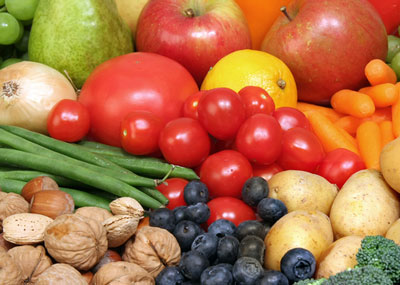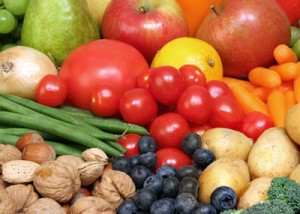Nestlé study supports the healthy effects of potassium
- Like
- Digg
- Del
- Tumblr
- VKontakte
- Buffer
- Love This
- Odnoklassniki
- Meneame
- Blogger
- Amazon
- Yahoo Mail
- Gmail
- AOL
- Newsvine
- HackerNews
- Evernote
- MySpace
- Mail.ru
- Viadeo
- Line
- Comments
- Yummly
- SMS
- Viber
- Telegram
- Subscribe
- Skype
- Facebook Messenger
- Kakao
- LiveJournal
- Yammer
- Edgar
- Fintel
- Mix
- Instapaper
- Copy Link
Posted: 3 July 2015 | Victoria White | No comments yet
A Nestlé study suggests that increasing dietary intake of potassium could help to reduce blood pressure in people not taking medicine for hypertension…


A Nestlé study suggests that increasing dietary intake of potassium to the World Health Organisation (WHO) recommended level of at least 3.51 grams per day could help to reduce blood pressure in people not taking medicine for hypertension, and may be a cost-effective means of delaying its onset or mitigating its severity.


Potassium is an essential nutrient needed for maintenance of total body fluid volume, acid and electrolyte balance, and normal cell function.
Hypertension is considered a major risk factor for cardiovascular diseases, particularly coronary heart disease and stroke.
In the new study, scientists at the Nestle Research Center (NRC) in Lausanne, Switzerland examined 15 existing studies on the effects of potassium supplementation on people with either normal or high blood pressure who were not taking medication for the condition.
Potassium is present in fruits, vegetables, pulses and nuts
The researchers believe their study is the first to systematically address whether people not taking drugs to treat hypertension could benefit from increased dietary potassium intake, and conclude that people with high blood pressure who also decrease their sodium (salt) intake may do so.
People can increase their potassium intake by eating more fruits, vegetables, pulses and nuts. Food processing reduces the amount of potassium in many food products, and a diet high in processed foods and low in fresh fruits and vegetables is often lacking in potassium. The scientists suggest fortifying foods with potassium irrespective of sodium content could be an effective solution.
The study is published in Journal of Hypertension.









